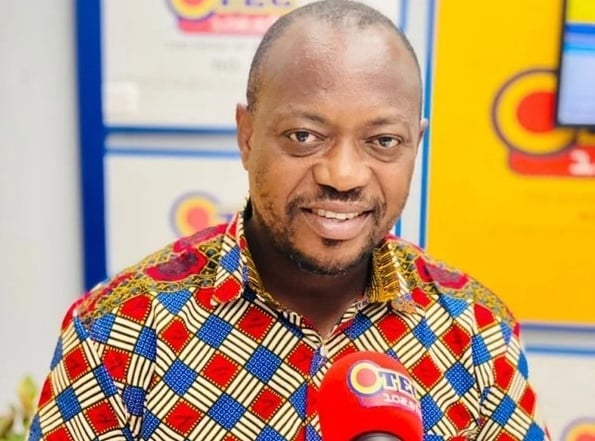Ghana’s newly inaugurated President, John Dramani Mahama, faces a formidable challenge in the shape of a looming energy crisis. This precarious situation, inherited from the previous administration, demands decisive and effective action to prevent further disruption to the nation’s power supply. Dr. Collins Kankam Kwartey, a lecturer at Kumasi Technical University and a respected political commentator, has publicly urged President Mahama to seize this opportunity to demonstrate his leadership capabilities and steer the country away from the debilitating effects of an energy shortfall. This challenge presents a critical test for President Mahama, offering him a chance to redefine his legacy and instill confidence in his ability to effectively govern. The success or failure of his administration’s response will undoubtedly be scrutinized not only by the Ghanaian public but also by international observers, making the stakes even higher.
The urgency of the situation stems from the previous government’s apparent failure to secure adequate fuel reserves for power generation, leaving the incoming administration grappling with the immediate consequences. While the responsibility for this predicament arguably lies with the outgoing administration, Dr. Kwartey emphasizes that President Mahama’s government cannot afford to dwell on past shortcomings. Instead, the focus must be on implementing swift and effective solutions to avert the impending crisis and ensure a stable power supply for the nation. This requires not only addressing the immediate fuel shortage but also developing a long-term strategy to secure Ghana’s energy future. A comprehensive approach is necessary, encompassing both short-term fixes and long-term planning to prevent recurring energy crises.
A key aspect of this challenge lies in President Mahama’s past performance in handling similar situations. Dr. Kwartey’s call for the President to “redeem himself” underscores the public perception of his previous track record on energy issues. This historical context adds another layer of complexity to the current situation, placing significant pressure on the President to demonstrate a marked improvement in his approach. The public will be keenly observing whether the lessons from past experiences have been learned and applied to the current crisis. The President’s ability to effectively address this energy challenge will be a crucial indicator of his administration’s competence and commitment to the nation’s well-being.
Dr. Kwartey offers specific advice regarding the path forward, cautioning against resorting to quick fixes that may have negative long-term repercussions. He specifically warns against engaging inexperienced electricity companies, referencing the previous government’s problematic partnership with Power Distribution Services (PDS) as a cautionary tale. This failed venture serves as a potent reminder of the risks associated with hastily formed partnerships and the importance of thorough due diligence when selecting partners in critical sectors like energy. Choosing the right partners, with proven expertise and a solid track record, is crucial for ensuring the success of any energy initiative.
Furthermore, Dr. Kwartey expresses reservations about the privatization of the Electricity Company of Ghana (ECG), arguing that the current leadership possesses the necessary expertise to effectively manage the energy sector. This perspective highlights the ongoing debate surrounding the role of privatization in addressing Ghana’s energy challenges. While some advocate for privatization as a means to improve efficiency and attract investment, others, like Dr. Kwartey, believe that a strengthened public sector can achieve the same objectives. This debate reflects the complex considerations involved in determining the optimal structure for managing the nation’s energy resources.
In conclusion, the energy crisis confronting President Mahama presents a significant early test of his leadership. His response will be closely scrutinized by both domestic and international observers, eager to assess his ability to navigate this complex challenge. The pressure to perform is amplified by the need to improve upon past performance and demonstrate a commitment to long-term solutions. The President’s decisions regarding fuel procurement, partnerships with electricity companies, and the future of ECG will be crucial in determining whether he can successfully navigate this crisis and secure a stable energy future for Ghana. This is not merely a technical challenge but also a political one, with the potential to significantly impact public confidence and the trajectory of his presidency.


